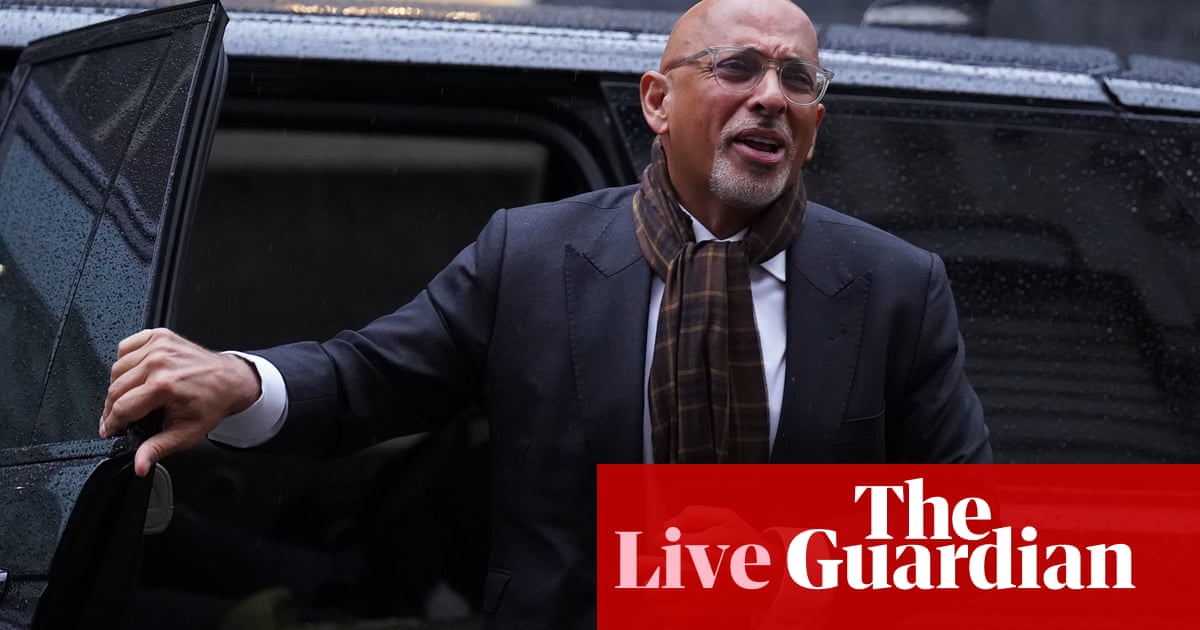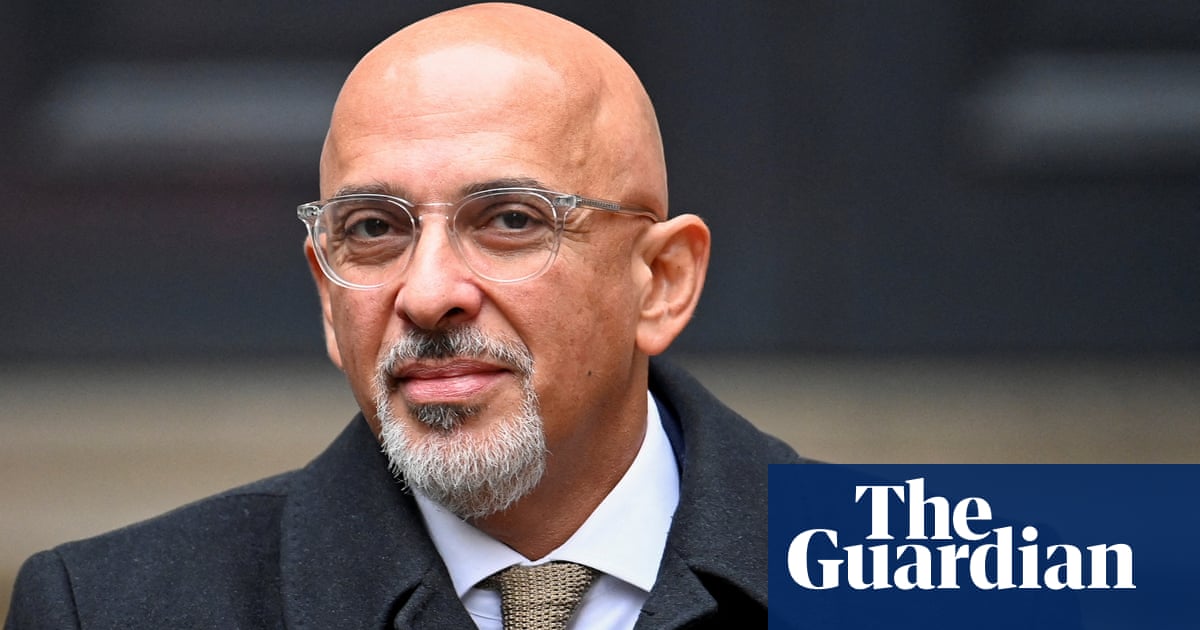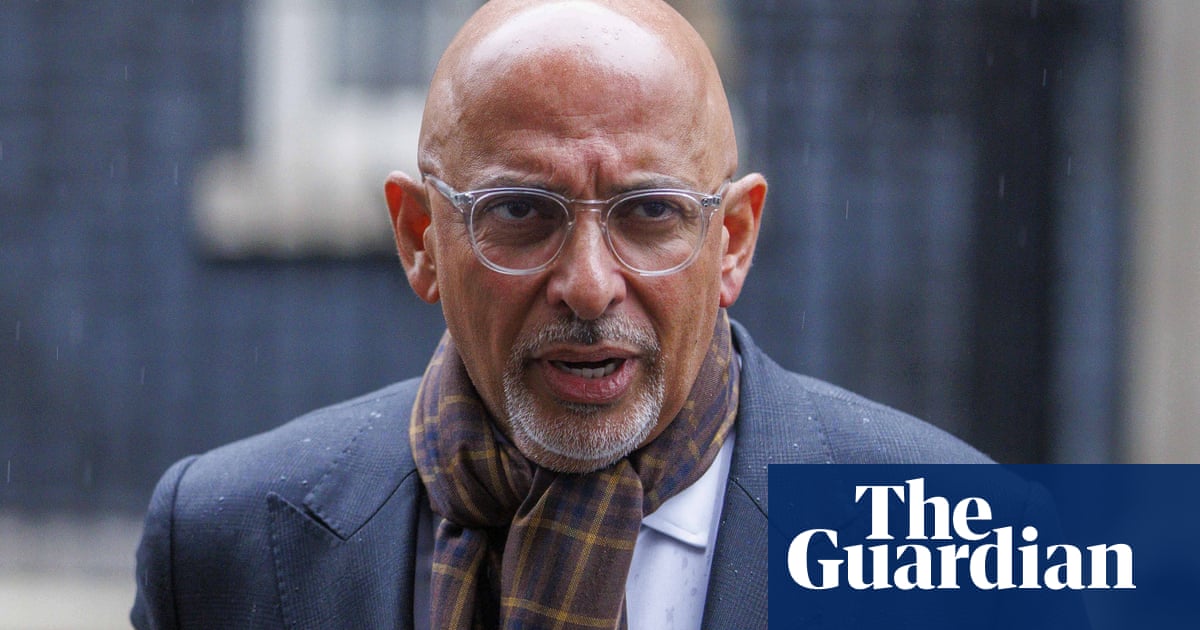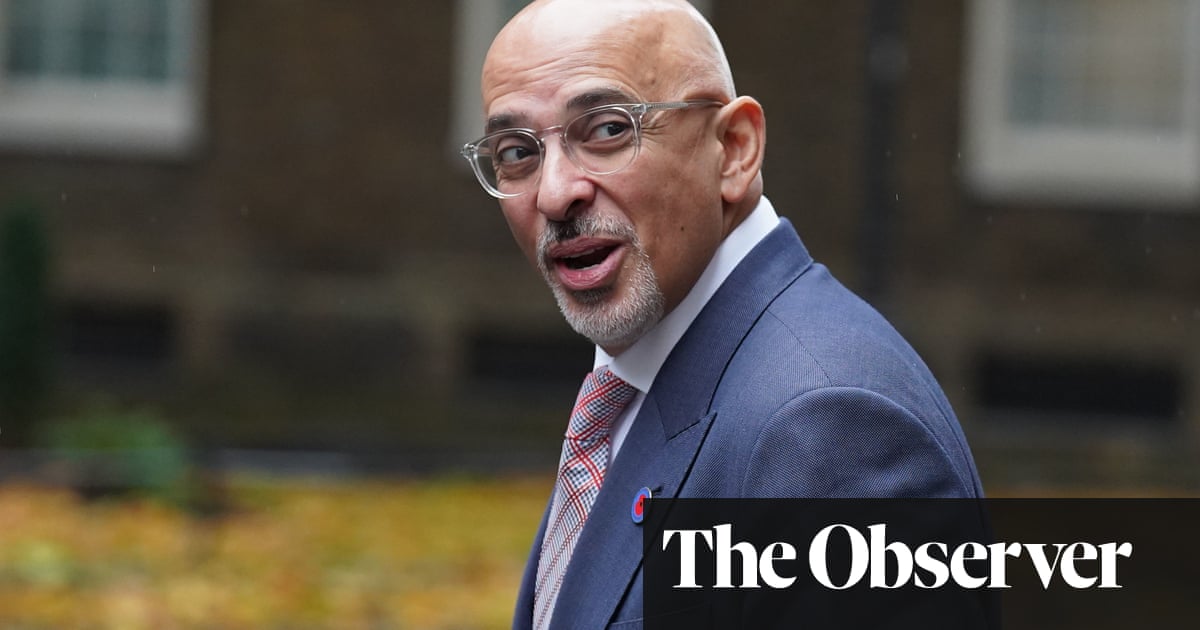
Masks will still be “expected” in crowded places such as public transport when most remaining Covid restrictions are lifted later this month, a minister has said, in a marked toughening up of rhetoric amid concerns over soaring infection rates.
Nadhim Zahawi, the vaccines minister, who in effect confirmed Boris Johnson would announce the reopening on Monday, said the government would provide very clear guidance on issues such as the wearing of masks, as England moves away from using laws to govern the response to Covid.
“I think it’s important that we remain cautious and careful,” he told Sky’s Trevor Phillips on Sunday programme. “The guidelines that we will set out tomorrow will demonstrate that, including guidelines that people are expected to wear masks in indoor enclosed spaces, and of course to remain vigilant.”
In another sign that the end of almost all lockdown rules on 19 July will be accompanied by robust messaging on the need for caution, a leading public health official said on Sunday that people should not rush back to offices if possible.
“If you are able to do your business effectively from home then I think over the next four to six weeks we should try our best to do that,” said Dr Susan Hopkins, the incident director for Covid at Public Health England.
Even once case rates started to fall, it would be better to see “a cautious return to the office”, Hopkins told Times Radio.
The comments represent a change in tone from officials over the past week, with Johnson in particular having previously insisted there would be a move away from the government telling people what to do, towards people using their own judgment.
Zahawi said the move to the final stage of reopening from 19 July was responsible, despite predictions from the health secretary, Sajid Javid, that daily infection levels could top 100,000, a record for the pandemic, noting that almost 87% of adults in England had received a first vaccine dose, and that 65% had had two.
The target was to double-vaccinate 66% of adults by 19 July, he said, in an earlier interview with BBC’s The Andrew Marr Show. “We will meet that target. So I am confident that we can proceed to step 4, but cautiously.
“We will be setting out tomorrow guidelines on everything from mask wearing, the transition from mandating, or government by diktat, to taking personal responsibility, whether for our own actions or corporate responsibility.”
Labour and others have called for more mitigation measures, including the wearing of masks. There are concerns over the potential impact high infection rates could have on younger people who are not yet fully vaccinated, and those who are clinically vulnerable.
Charities representing people who are particularly susceptible to Covid, or who have weakened immune systems, have also expressed concern at the end of mask laws.
Kate Green, the shadow education secretary, told Sky that she understood mayors Andy Burnham and Sadiq Khan would make masks mandatory on trams in Manchester and the tube in London.
She said: “I hope they will and I believe, I think I’m right in saying, that Andy has already indicated that here in Manchester, that’s what he will do.
“I certainly think that having travelled regularly on both the tube and the tram all through the pandemic when I was allowed to, that wearing masks and seeing others wearing masks is a source of great reassurance and people want to do it.”
Prof Sir David Spiegelhalter, a Cambridge University statistician and expert on the public understanding of risk, told the BBC it was “absolutely inevitable” the lifting of restrictions would bring a big rise in cases.
He told The Andrew Marr Show: “Frankly, you know, unless tomorrow an immediate lockdown is announced – which I think is pretty unlikely – there’s bound to be a big wave of cases coming up, absolutely inevitable. It was predictable right from the start of the roadmap announcement back in February.”
With daily vaccination rates trailing off and many people awaiting second doses, some reports had suggested the gap between first and second jabs, recently reduced from 12 to eight weeks, could narrow further.
But Zahawi said that while this was ultimately up to the Joint Committee on Vaccination and Immunisation (JCVI), he did not expect it to happen.
He said: “I’m slightly puzzled where that story has come from. Obviously, I engage almost on a daily basis with my colleagues in the JCVI.
“The real-world data, the clinical data, suggests that actually the eight-week interval offers that additional fortification in terms of protection with the two doses, much better than having that interval shortened any further.”












